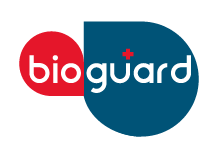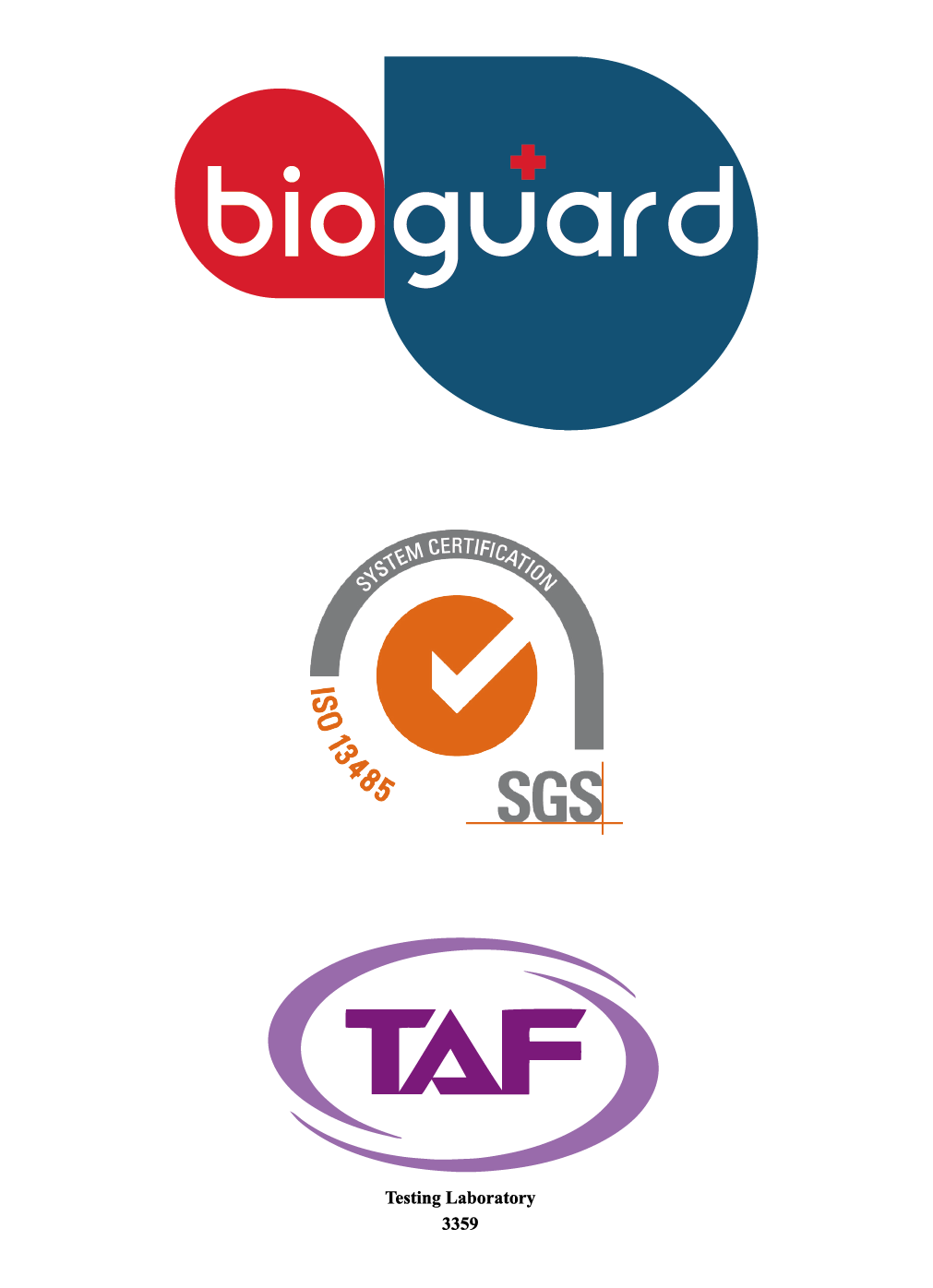What is the Danger of AMR in animals?
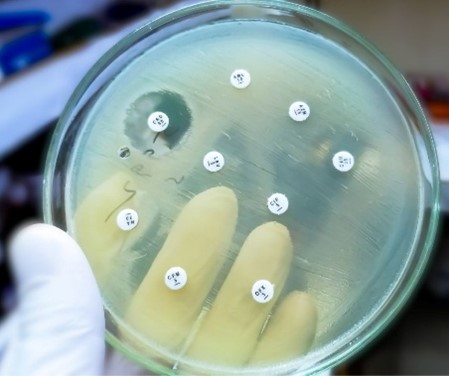
Antimicrobial resistance (AMR) occurs when microorganisms—such as bacteria, viruses, fungi, and parasites—adapt to withstand medications designed to eliminate them or inhibit their growth. This phenomenon reduces the effectiveness of treatments, making infections more difficult to control and increasing the risk of disease transmission, severe illness, and mortality. For veterinarians, understanding AMR is essential due to […]
WHAT ARE THE FACTORS THAT AFFECT “ANTIBIOTIC RANK”?
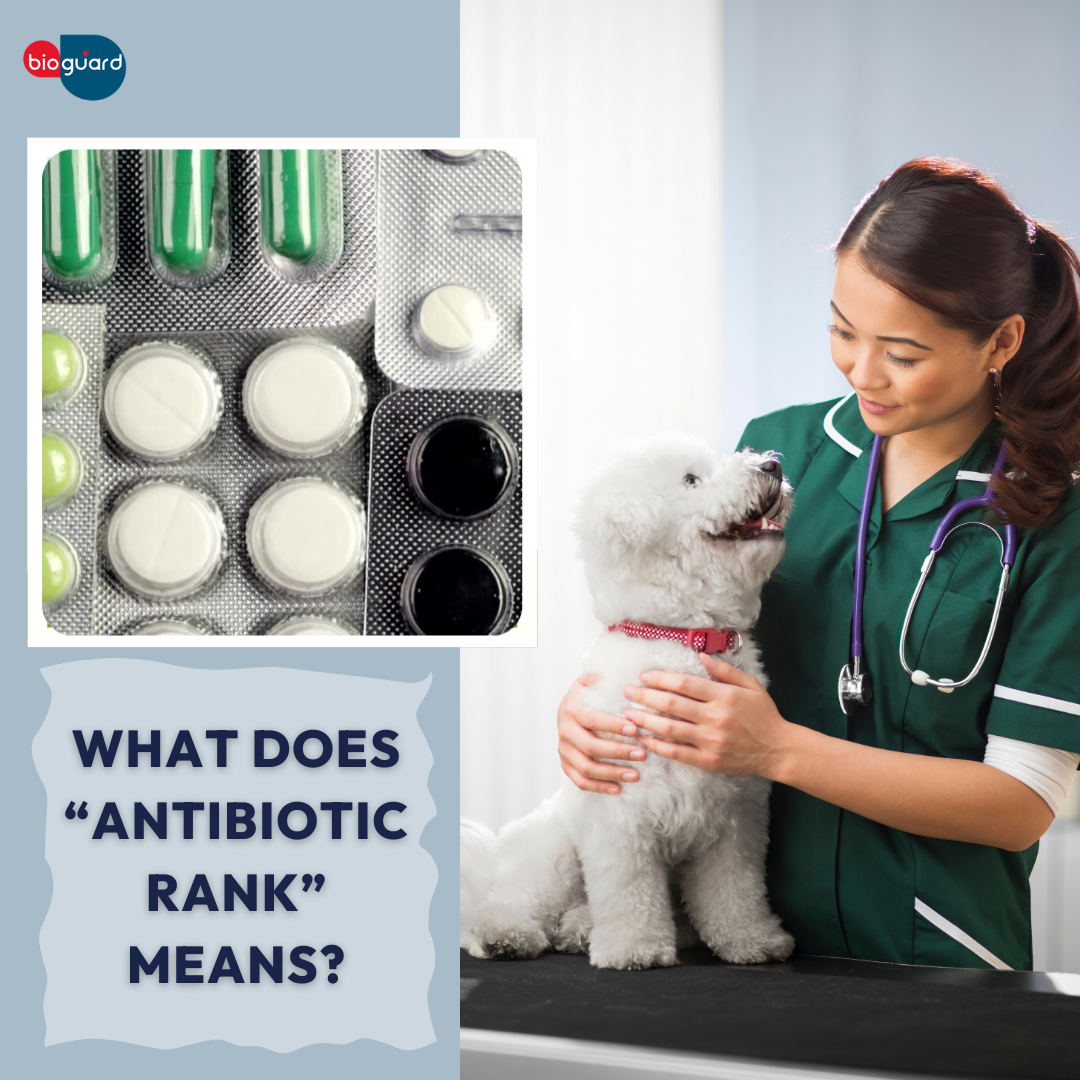
Factors Influencing the Ranking of Veterinary Antibiotics Resistance Potential One of the most critical factors in ranking veterinary antibiotics is their potential to promote antibiotic resistance. Drugs like fluoroquinolones and third-generation cephalosporins are closely monitored because of the risk that resistant strains can transfer from animals to humans through food consumption or direct contact. Spectrum […]
Bioguard in the Wuxi International Conference Center
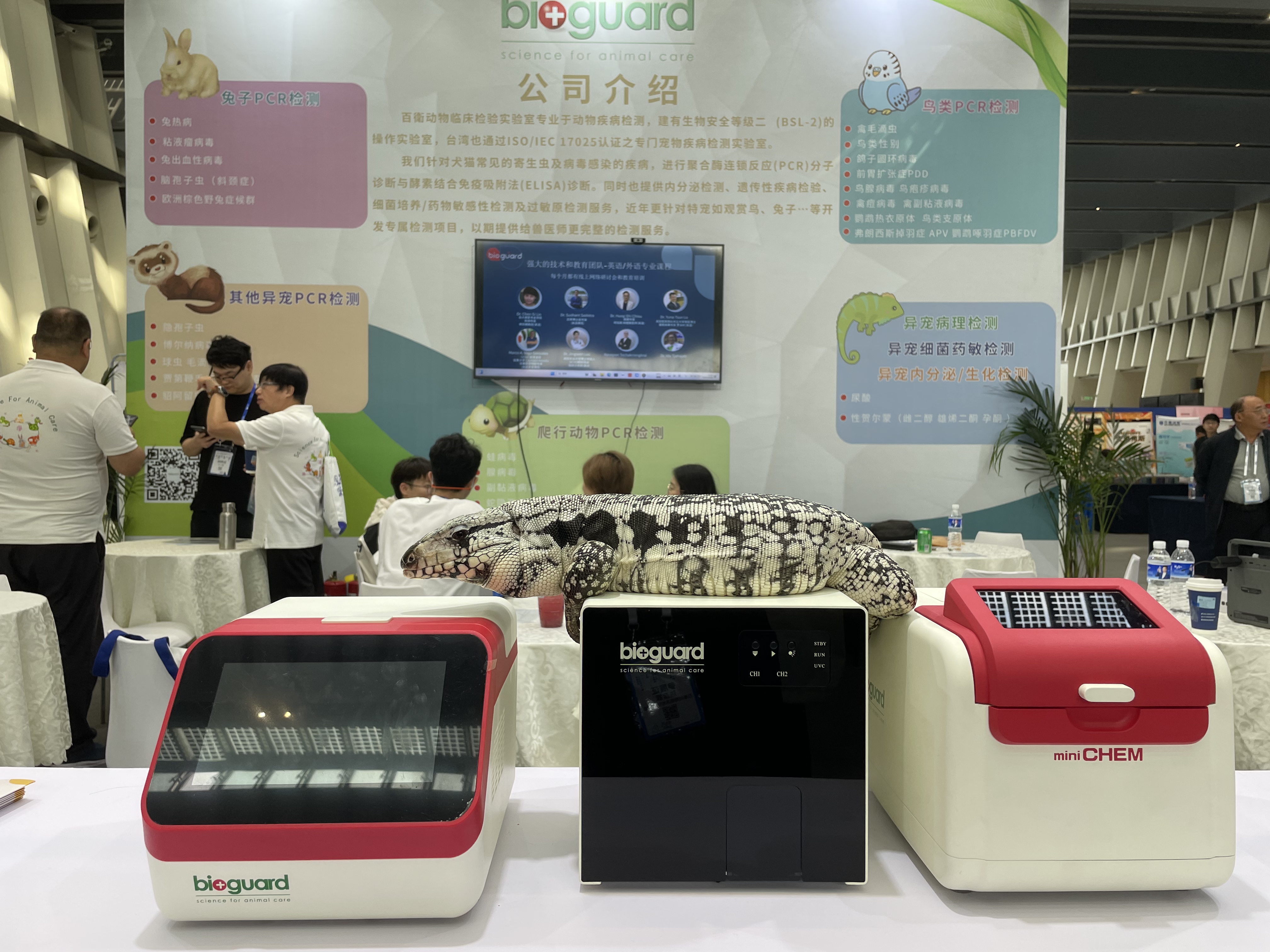
On November 1st, Bioguard Corporation Participated in the 4th Asian Small Animal Specialist Conference and the 2nd China International Exotic Pet Conference., which successfully concluded after three days of events at the Wuxi International Conference Center, the conference was a significant platform for learning and exchange among international veterinarians. It drew numerous domestic and international […]
WHAT DOES “ANTIBIOTIC RANK” MEANS?

The use of antibiotics is critical to maintaining both human and animal health, ensuring food safety, and preventing the spread of zoonotic diseases. However, concerns about antibiotic resistance have prompted the need to rank veterinary antibiotics based on their importance, usage, and associated risks. This ranking or categorization serves as a tool to support veterinarians […]
Bioguard Office Relocation and Inauguration Ceremony

Bioguard relocated to its new office at the beginning of September and held a brand-new identity and office inauguration ceremony this October 4th, inviting distinguished guests from various fields to join the celebration. At the event, in addition to unveiling the new logo, guests also had the opportunity to tour the new office and the […]
Understanding Antibiotic Classifications: A Comprehensive Guide
Antibiotics are essential tools in modern medicine, used to combat bacterial infections that could otherwise lead to severe health issues or even death. To use these powerful drugs effectively, it’s crucial to understand the different classifications of antibiotics, which are based on their chemical structure, mechanism of action, and spectrum of activity. This article explores […]
September Free webinar : Fluid and Electrolyte Balance.

Join us for a Continuous Learning with Bioguard session: Fluid and Electrolyte Balance 🔵Date: September 26, 2024 🔵Time: 8PM – 9PM (GMT+8) Present in ENGLISH Please click on the link below for registration: https://docs.google.com/forms/d/e/1FAIpQLScHxeNGC00vzXBL2p5Ekd-zr5EwotWPL_3z-QHRBiVNQvrfKA/viewform 🔵ABOUT THE WEBINAR: Electrolyte balance is crucial in veterinary clinical pathology as it influences cellular function, fluid homeostasis, and overall health. […]
Experience the difference of expert care and peace of mind using the Bioguard rapid test kit.
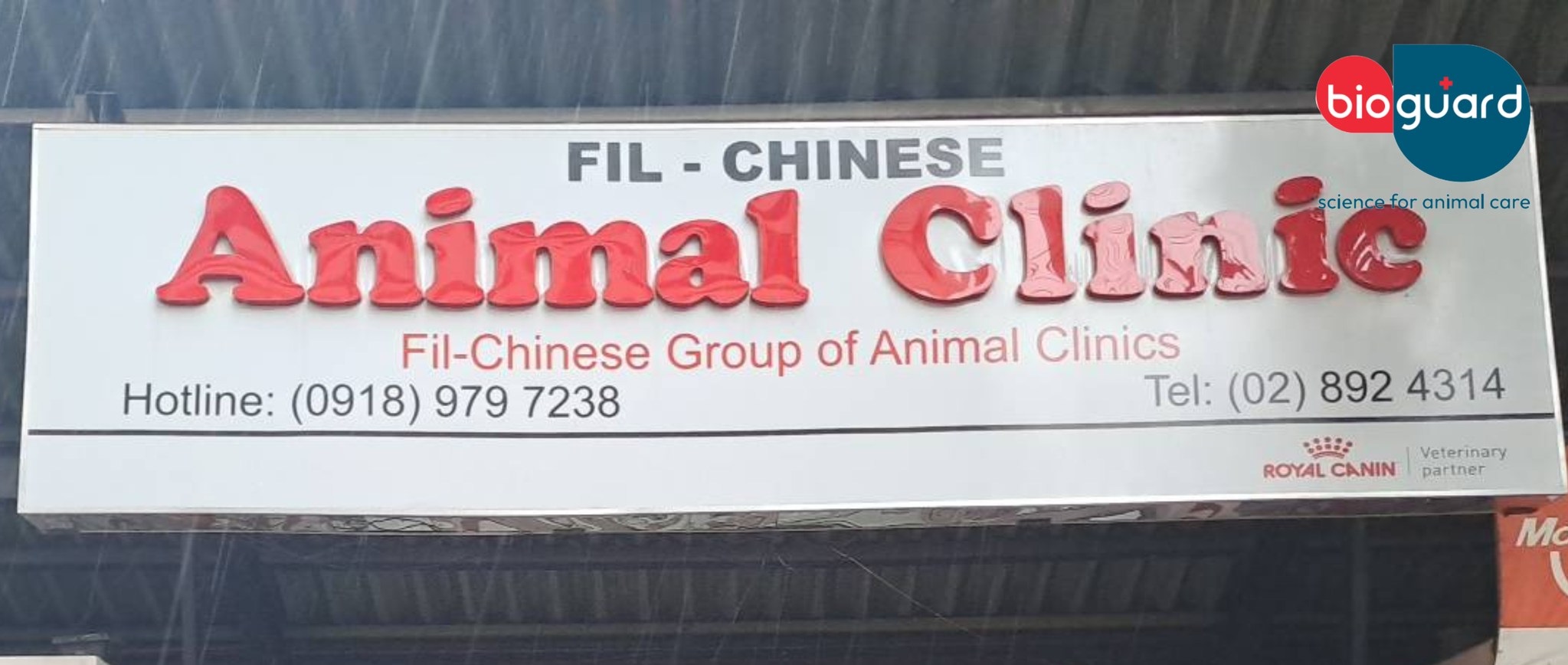
At Makati Dog and Cat Hospital and at Fil-Chinese Animal Clinic your pet’s health is their priority. In addition to initial tests on the patient’s condition, they also employ the #bioguard rapid test kit, enabling them to provide prompt and effective care. #bioguard is a Taiwan manufacturer of rapid test kits for companion and exotic […]
WE ARE MOVING
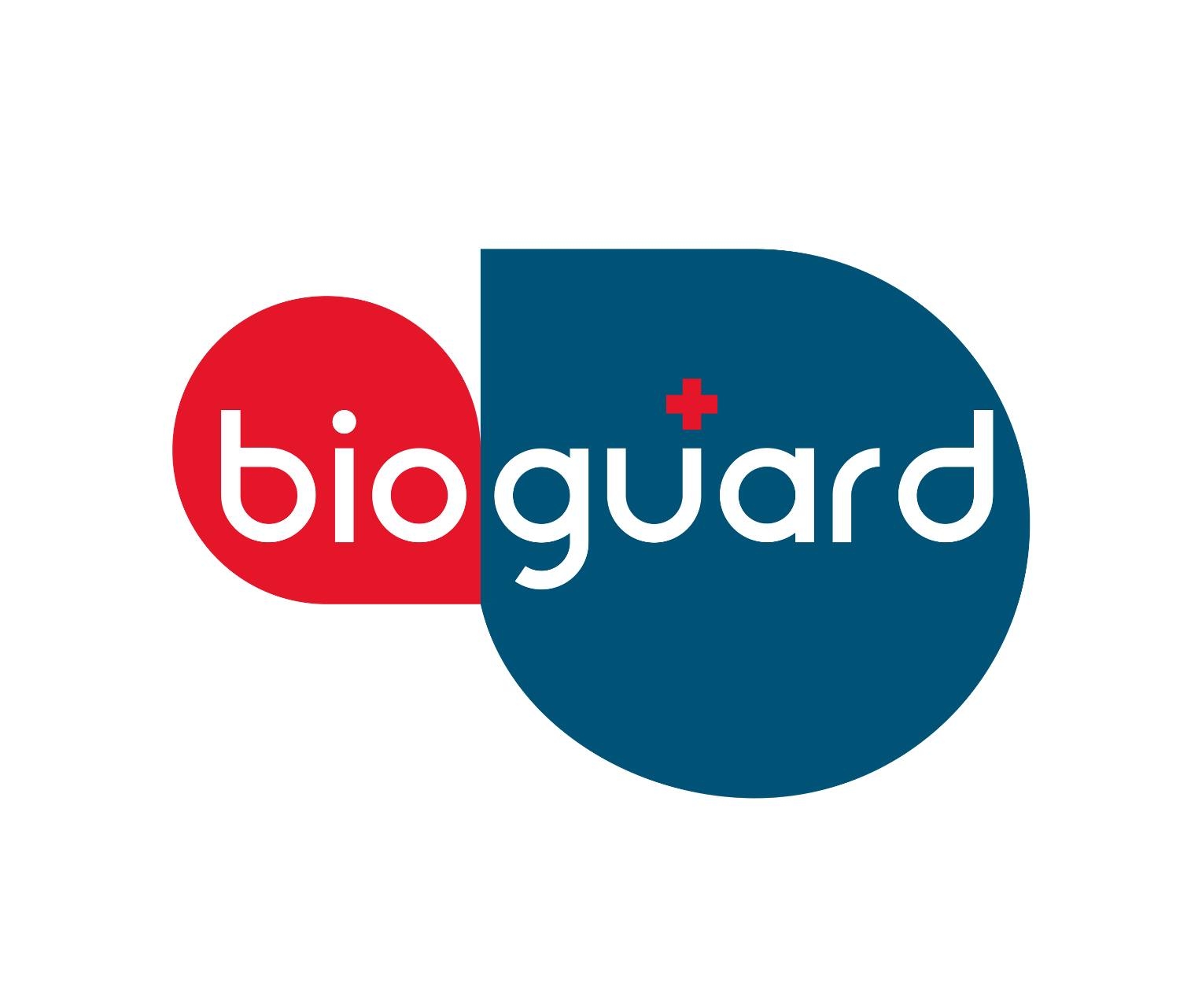
Exciting Announcement!! Starting Sep 1, 2024, Bioguard Corporation will be relocating to a new office space that boasts state-of-the-art facilities and a more comfortable work environment. The new space will better cater to our needs and ensure a great working environment for all of us. Please be assured that this address change will not affect […]
Get Ready for Bioguard new product Reveal at London Vet Show 2024!

Exciting Announcement!! Bioguard is exciting to announce our participation in the #LondonVetShow2024! Join us for an exclusive preview of our new product “new Antibiotic Susceptibility Test Analyzer”, designed to enhance animal healthcare. But First , Do you know what Antibiotic Susceptibility Testing is? Antibiotic Susceptibility Testing (AST) determines which antibiotics are most effective against bacterial […]
